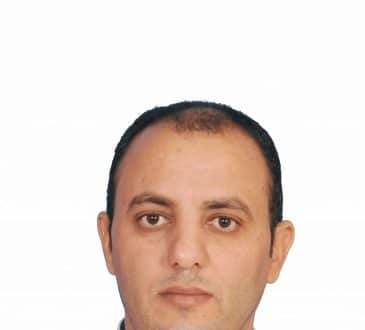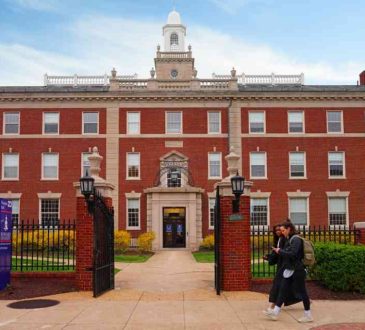Study in Bulgaria! Here are 5 Top Universities to Take Note of

In one of the previous posts, I provided you with a small guide on what to expect when studying in Bulgaria. A fair picture of this southeast European country’s higher education system must have been painted in your mind. What remains to be told to you in greater detail is the options available for you. There are many universities in the country, but a few of them are much better than most. These are the opportunities that should be prioritized above all.
In today’s article, we will take a look at the top 5 universities in Bulgaria. They have been ranked quite impressively on the national rankings and have been performing quite decently on international rankings. So, let us dive into this topic right away and find out what needs to be known.
-
Sofia University St. Kliment Ohridski
Simply called Sofia University, it is the oldest university in the country having been founded in the year 1888. As of today, it offers as many as 16 faculties and a number of departments; these include the Faculty of Classical and Modern Philology, Faculty of Mathematics and Informatics, Faculty of Slavic Studies, Faculty of Biology, Faculty of Geology and Geography, and Faculty of Law. It is also associated with a few bodies and organizations such as the Balkan Universities Network and the National Centre of Polar Research. As part of its internationalization process, it has partnered with many European universities such as the Humboldt University of Berlin, TU Dresden, and the University of Geneva.
-
New Bulgarian University
A relatively new university, New Bulgarian University is a popular private university based in the capital. There is a slew of degree programs for students to pursue such as those in Healthcare Management, Anthropology, Theatre, Psychology, Language and Literature, Plastic Arts, History, Economics, Foreign Languages and Culture, Information Science, and Philosophy. In addition, there are several departments to assist the faculties such as the Department of Cognitive Science and Psychology, Earth and Environmental Sciences, Telecommunications, Tourism, Law, History of Culture, and Fine Arts. Numerous research centers are also part of its academic organizations such as the Central and East European Centre for Cognitive Science and South-East European Centre for Semiotic Studies.
-
Technical University
The largest technical university in the country is the Technical University of Sofia. It was established in the year 1945 and operates from three locations in the country namely, Sofia, Sliven, and Plovdiv. Quite expectedly, it has a large pool of courses offered through many faculties. These faculties include the Faculty of Automation, Faculty of Electrical Engineering, Faculty of Communications and Communications Technologies, Faculty of Mechanical and Device Engineering, Faculty of German Engineering Education and Industrial management, and Faculty of Engineering and Pedagogy. It is currently one of the holders of the European University of Technology, EUt+.
-
Angel Kanchev University of Ruse
The Angel Kanchev University of Ruse is a public university based in Ruse and was founded in the year 1945. It has been consistently regarded as one of the best institutions in the scientific and intellectual development of the Bulgarian community. Presently, there are 8 faculties offering degree programs. Interested applicants can study at the Faculty of Mechanical and Manufacturing Engineering, Faculty of Electrical Engineering, Electronics & Automation, Faculty of Law, Faculty of Public Health and Health care, Faculty of Transport, Faculty of Natural Sciences and Education, Faculty of Business and Management, and Agrarian and Industrial Faculty. It is an active member of the European Universities Association (EUA).
-
Plovdiv University Paisii Hilendarski
The Paisii Hilendarski University of Plovdiv is located in Plovdiv and was established in the year 1962. It is a leading institution and is currently the largest such institution in southern Bulgaria. Organized into 9 faculties, students can pursue courses in Biology, Economics and Social Sciences, Mathematics and Informatics, Education, Philosophy and History, Chemistry, Law, Languages and Literature, and Physics. While it is relatively selective in its admissions process, students with good academic credentials and minimum qualifying marks in the entrance examinations are eligible to enroll. To enhance the accessibility of education, it has introduced many distance learning programs for students across the globe.
Bring the best of the CEOWORLD magazine's global journalism to audiences in the United States and around the world. - Add CEOWORLD magazine to your Google News feed.
Follow CEOWORLD magazine headlines on: Google News, LinkedIn, Twitter, and Facebook.
Copyright 2025 The CEOWORLD magazine. All rights reserved. This material (and any extract from it) must not be copied, redistributed or placed on any website, without CEOWORLD magazine' prior written consent. For media queries, please contact: info@ceoworld.biz











